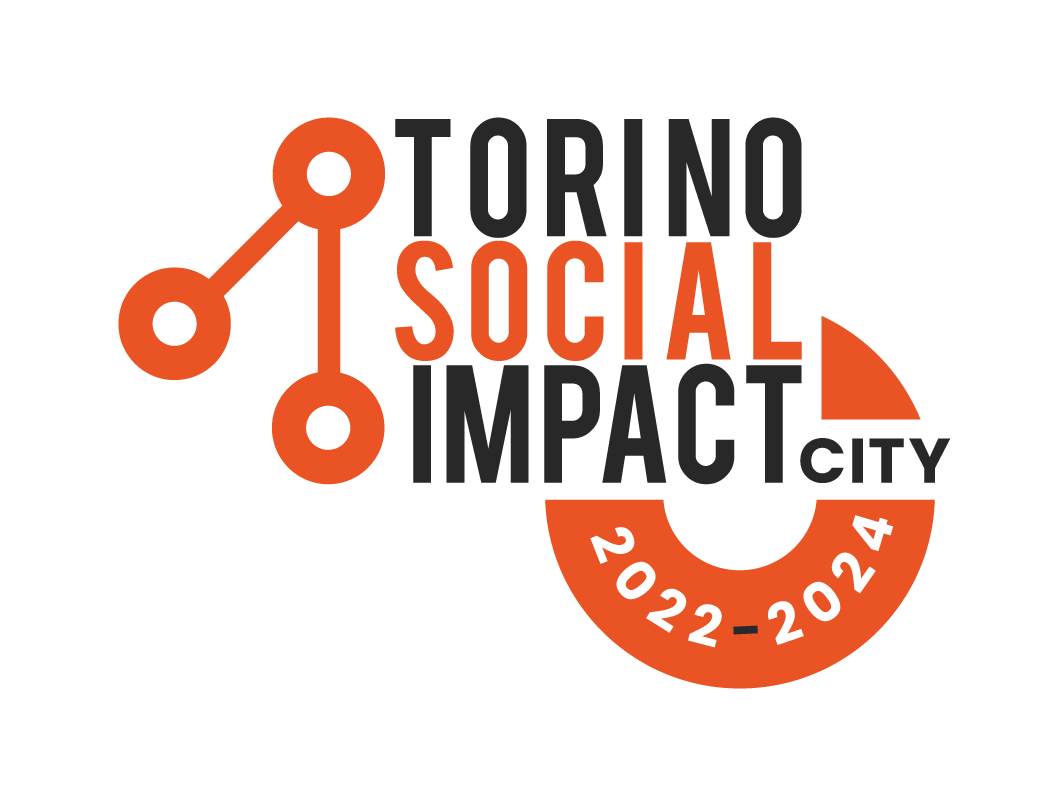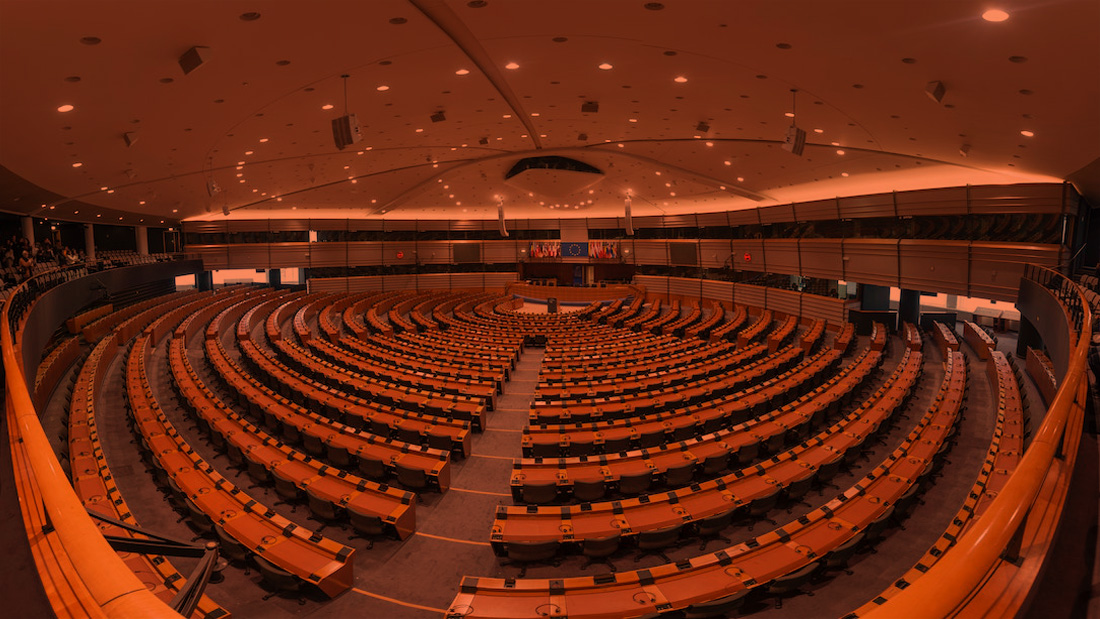A fundamental step towards the construction of the EU Action Plan for the Social Economy. The path towards the summit involves thousands of public and private stakeholders, including Torino Social Impact with a leading role.
In the second half of 2021, a European Action Plan for the Social Economy will be approved. It is a key document of a new vision of the economic system and a key instrument to systematically integrate the social economy in the different socio-economic policies of the European Union, as well as in its actions to achieve the Sustainable Development Objectives (SDGs). A plan in which third sector and social impact can play a transformative role and strengthen the capacity to react to crises. The Covid-19 crisis has highlighted the strong contribution of the social economy to the well-being of the population, proving to be a fundamental part of the European safety net and thus a pillar of the socio-economic landscape of Europe. At the same time, however, the negative economic impact on businesses and social organizations has been strong and concrete. Therefore, actions are needed to safeguard this crucial part of the European entrepreneurial fabric, which must be considered as a pillar of a new economy that brings social and environmental value.
The work on the Plan starts from a proposal elaborated by Social Economy Europe and goes through the Digital Road to Mannheim 2021, a path consisting of eight online events in preparation for the European Social Economy Summit scheduled for 26-27 May in Mannheim. Each Roadmap event focuses on a specific topic and aims to connect different social economy actors in Europe in a highly interactive format, present best practices and use cases, and provide information in interactive sessions of changemakers across Europe. As a key milestone in the definition of the future Social Economy Action Plan, the Summit aims to promote the contribution of the social economy to economic development, inclusion, green and digital transitions.
To confirm its virtuous partnership model for strengthening the local ecosystem with social impact in Europe, Torino Social Impact was on of the keynote speakers at the event “New challenges, new innovations, new solidarities – Social Economy in the fight against COVID 19” on September 24th, the first of eight major digital conferences, and it was selected by the European Commission as the organizer of one of the panels at the last conference, scheduled for April 29th and entitled “Partnerships for maximizing social impact”.
The starting document of Social Economy Europe is based on three objectives: Recognising social economy as a cross-cutting actor in the European Union’s social and economic policies; Promoting convergence and coordination of the various public authorities involved in promoting the social economy by defining strategies and benchmarks at European level; Strengthening an ecosystem conducive to the growth of the social economy and enabling social enterprises to enjoy the full benefits of the European single market, EU funds and financial instruments. In line with these 3 objectives, the proposal sets out 20 policy measures and 64 actions structured in 7 pillars.
Digital Road to Mannheim: https://www.euses2020.eu/exchange-events/
To deepen the proposed Social Economy Europe Action Plan: https://www.socialeconomy.eu.org/wp-content/uploads/2020/02/SEE-Action-Plan-for-Social-Economy.pdf
Archivio:
 From the African Union, a Decade-Long Strategy on the Social and Solidarity Economy25 September 2024
From the African Union, a Decade-Long Strategy on the Social and Solidarity Economy25 September 2024 New legal opinion on true and fair shows company directors how to include sustainability in their financial accounts22 February 2024
New legal opinion on true and fair shows company directors how to include sustainability in their financial accounts22 February 2024 Corporate sustainability due diligence14 December 2023
Corporate sustainability due diligence14 December 2023 Introducing the Impact Taskforce (ITF) State of Play 202312 December 2023
Introducing the Impact Taskforce (ITF) State of Play 202312 December 2023 Coke launches $137.7m sustainability fund15 September 2023
Coke launches $137.7m sustainability fund15 September 2023 Impact Investing UK case study repository15 September 2023
Impact Investing UK case study repository15 September 2023 European Commission adopted a Proposal for non-profit associations13 September 2023
European Commission adopted a Proposal for non-profit associations13 September 2023 Historic moment for the Social and Solidarity Economy: the UN General Assembly adopts a resolution17 June 2023
Historic moment for the Social and Solidarity Economy: the UN General Assembly adopts a resolution17 June 2023 The Commission approves a proposal for Council recommendation for Member States on developing social economy framework conditions17 June 2023
The Commission approves a proposal for Council recommendation for Member States on developing social economy framework conditions17 June 2023 Updates from the ISSB Board for the issuing of global sustainability standards on January 202428 February 2023
Updates from the ISSB Board for the issuing of global sustainability standards on January 202428 February 2023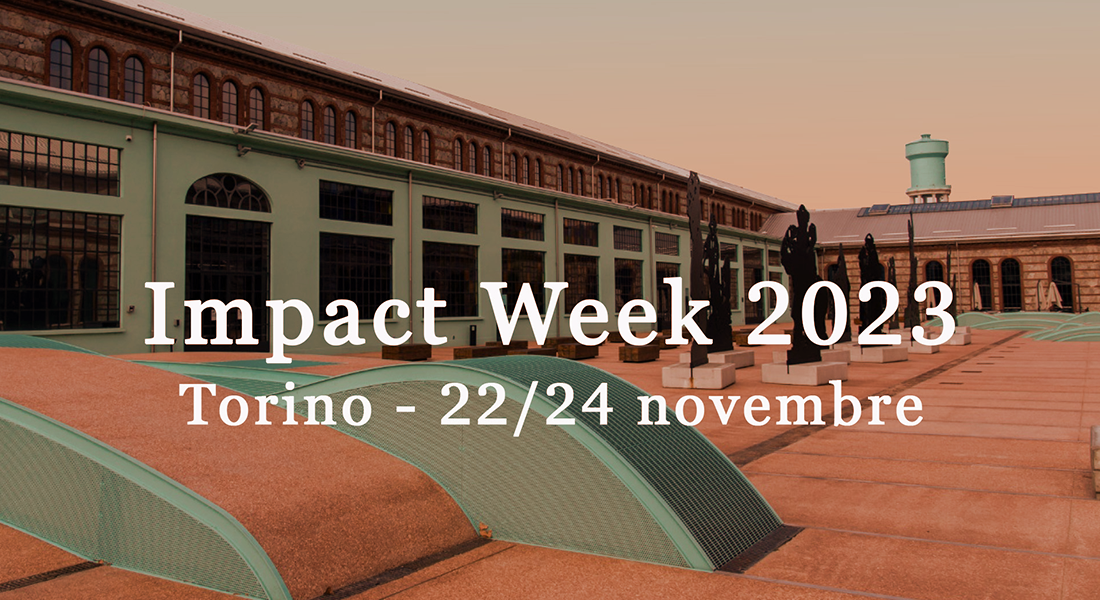 In 2023, Turin will be the European capital of social and environmental impact finance19 December 2022
In 2023, Turin will be the European capital of social and environmental impact finance19 December 2022 Turn in European social procurement policies16 December 2022
Turn in European social procurement policies16 December 2022 The transition pathway for proximity & social economy15 December 2022
The transition pathway for proximity & social economy15 December 2022 Social Value Matters Europe in October in Turin27 June 2022
Social Value Matters Europe in October in Turin27 June 2022 The Global Citizen Impact Funds02 May 2022
The Global Citizen Impact Funds02 May 2022 Mayors, unions and the International Energy Agency join forces to boost a just energy transition02 May 2022
Mayors, unions and the International Energy Agency join forces to boost a just energy transition02 May 2022 Social impact integrates the new European innovation ecosystems09 February 2022
Social impact integrates the new European innovation ecosystems09 February 2022 EU co-creation of the proximity and social economy ecosystem09 February 2022
EU co-creation of the proximity and social economy ecosystem09 February 2022 The Impact Taskforce: time to deliver07 February 2022
The Impact Taskforce: time to deliver07 February 2022 Italy: ten million for benefit companies10 December 2021
Italy: ten million for benefit companies10 December 2021 Peer2Peer: Amsterdam Impact29 September 2021
Peer2Peer: Amsterdam Impact29 September 2021 EU Social Taxonomy for a sustainable finance27 September 2021
EU Social Taxonomy for a sustainable finance27 September 2021 EVPA position paper on EU Action Plan for the Social Economy20 September 2021
EVPA position paper on EU Action Plan for the Social Economy20 September 2021 Generation Changemaker29 June 2021
Generation Changemaker29 June 2021 Social Stock Exchange, Paris launches an index for the best responsible and sustainable companies22 April 2021
Social Stock Exchange, Paris launches an index for the best responsible and sustainable companies22 April 2021 The Franchising Push for Social Impact31 March 2021
The Franchising Push for Social Impact31 March 2021 Report from the European Commission on Socially responsible public procurement (SRPP) in 27 countries22 March 2021
Report from the European Commission on Socially responsible public procurement (SRPP) in 27 countries22 March 2021 B20 at the start, in the sign of the impact revolution18 February 2021
B20 at the start, in the sign of the impact revolution18 February 2021 Everyone a Changemaker, Ashoka’s mission15 February 2021
Everyone a Changemaker, Ashoka’s mission15 February 2021 The Final Statement of The Economy of Francesco10 December 2020
The Final Statement of The Economy of Francesco10 December 2020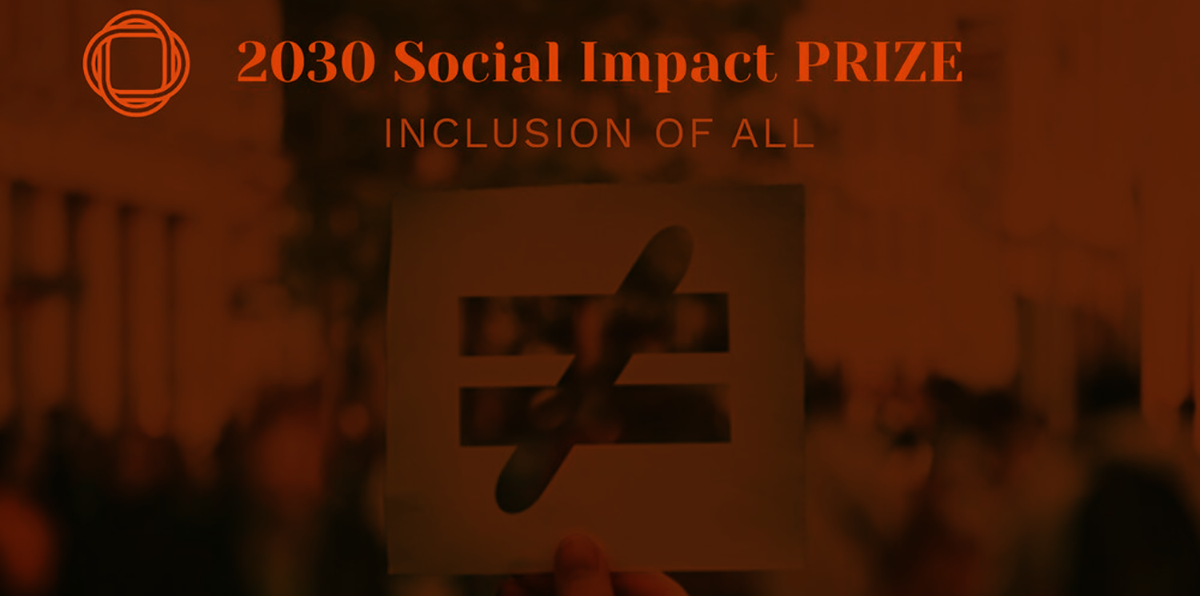 The Gaetano Marzotto Prize looks to social impact with the first edition of the 2030 SI Prize10 December 2020
The Gaetano Marzotto Prize looks to social impact with the first edition of the 2030 SI Prize10 December 2020 B Corp and B Movement Builders11 November 2020
B Corp and B Movement Builders11 November 2020 Responsible Banking07 October 2020
Responsible Banking07 October 2020 Cities and Social Impact Bonds05 October 2020
Cities and Social Impact Bonds05 October 2020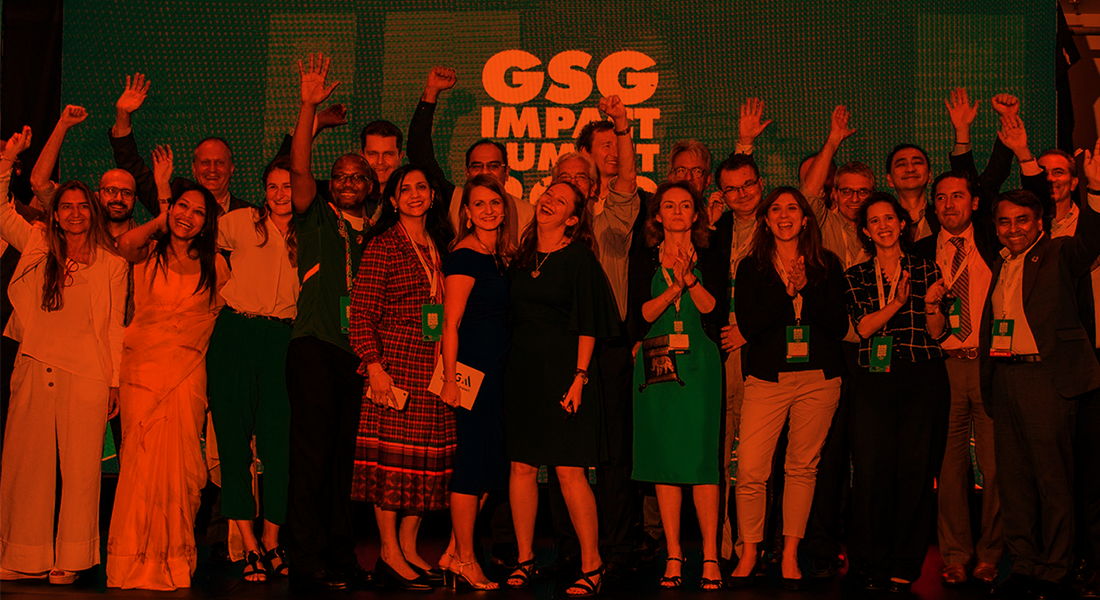 GSG leaders call governments for action to put impact at the heart of the Covid-19 economic recovery 30 September 2020
GSG leaders call governments for action to put impact at the heart of the Covid-19 economic recovery 30 September 2020 If not now, then when?22 May 2020
If not now, then when?22 May 2020 Sustainable finance: Commission welcomes deal on an EU-wide classification system for sustainable investments27 February 2020
Sustainable finance: Commission welcomes deal on an EU-wide classification system for sustainable investments27 February 2020 Strong Social Europe for Just Transitions27 February 2020
Strong Social Europe for Just Transitions27 February 2020 The Global Steering Group for Impact Investment18 November 2019
The Global Steering Group for Impact Investment18 November 2019
